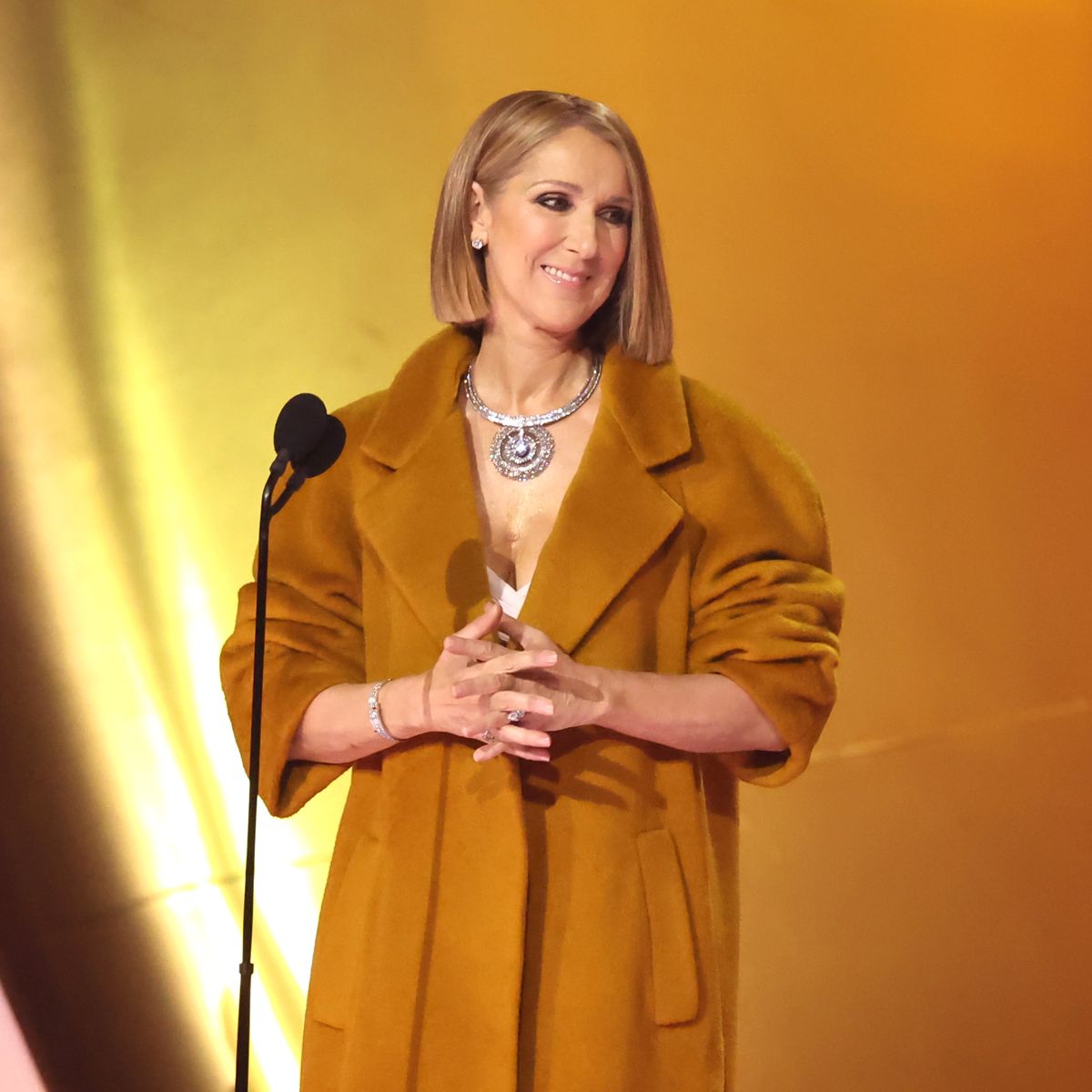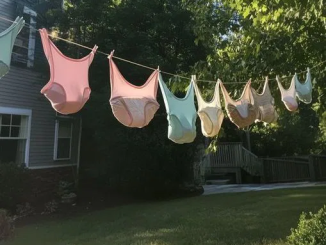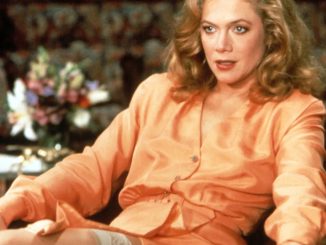Paul Rosolie, a seasoned conservationist and passionate advocate for the Amazon rainforest, embarked on an extraordinary and controversial mission: he attempted to be eaten alive by a giant green anaconda.
His goal? To raise global awareness about the alarming rate of deforestation and the destruction of one of the world’s most vital ecosystems.
Having spent years studying the Amazon’s rich biodiversity, Rosolie wanted to create a bold statement that would capture worldwide attention. Equipped with a custom-built carbon fiber suit designed to endure the crushing force of the snake’s coils, an integrated oxygen supply, and multiple cameras attached to document the experience, he approached the massive predator.

The entire endeavor was captured in a Discovery Channel documentary. Despite the advanced protective suit, Rosolie described the immense physical strain he endured as the snake began to constrict him. “I’m getting coils over me,” he said during the harrowing encounter. “She’s got my arms pinned. She knows there’s nothing I can do.”
As the snake tightened its grip, Rosolie’s breathing became labored, and his heart rate skyrocketed. Eventually, the monitoring team intervened and freed him from the snake’s crushing embrace before the situation became critical.

Reflecting on the experience in an article for The Guardian, Rosolie admitted feeling a mix of grim amusement and frustration over the sensationalized marketing of the documentary. The stunt sparked backlash from animal welfare groups and segments of the public, raising questions about the ethics of such an experiment.
“I was willing to try something risky and, yes, maybe ridiculous, to draw attention to a place and a species I deeply care about,” Rosolie explained. “If offering myself to a snake was the cost of bringing awareness to the Amazon’s plight, then I was prepared to pay it.”
For two intense hours, Rosolie remained trapped in the suffocating suit, experiencing the raw power of one of nature’s most formidable predators. His controversial experiment ignited global conversations about conservation, the fragility of the Amazon rainforest, and the urgent need for action.
Whether viewed as reckless or heroic, Paul Rosolie’s bold stunt undeniably succeeded in shining a spotlight on an environmental crisis that demands our immediate attention.
Celine Dion puts on impromptu performance backstage at the Grammys amid battle with stiff person syndrome

Celine Dion not only shocked everyone by performing unexpectedly backstage at the Grammy Awards, but she also made a surprise appearance to present Album of the Year.
Dion, 55, has maintained a low profile since disclosing her condition in December 2022 in order to combat stiff person syndrome.
In the video, Sonyaé—who is up for a Grammy—and Dion dance to the beautiful harmony of their voices.
The singer of “My Heart Will Go On” made her first appearance in public since November, when she attended an NHL game with her kids. She also made a surprise appearance at the Grammy Awards.
Although there are rumors that Dion’s voice isn’t getting better in a way that would allow her to perform or record again, it appears that she can still hit the notes that we are all familiar with.

After disclosing her illness, she postponed the remainder of her tour dates, raising doubts about her ability to give a complete performance.
Celine, you have our undying love and support.



Leave a Reply